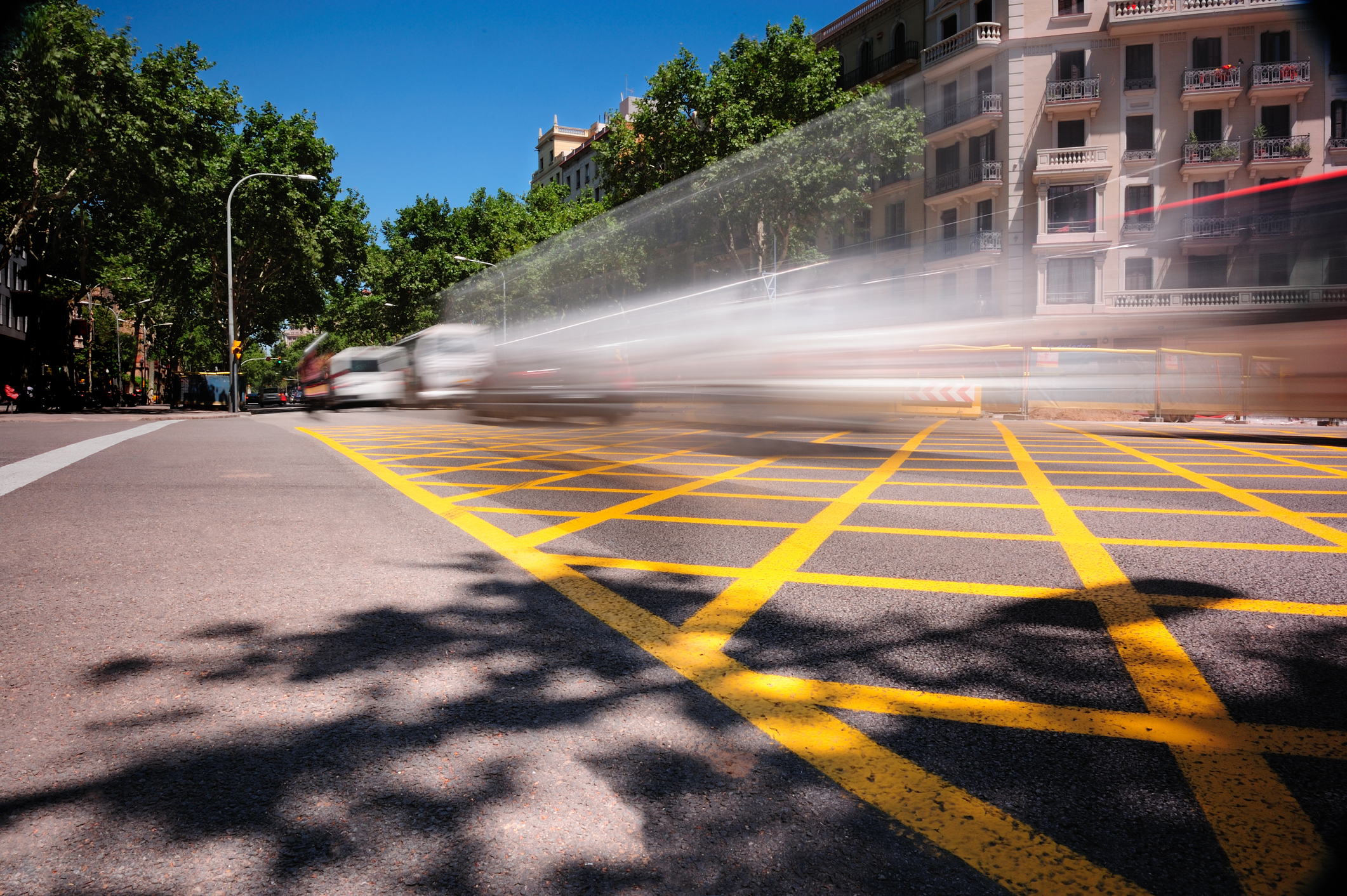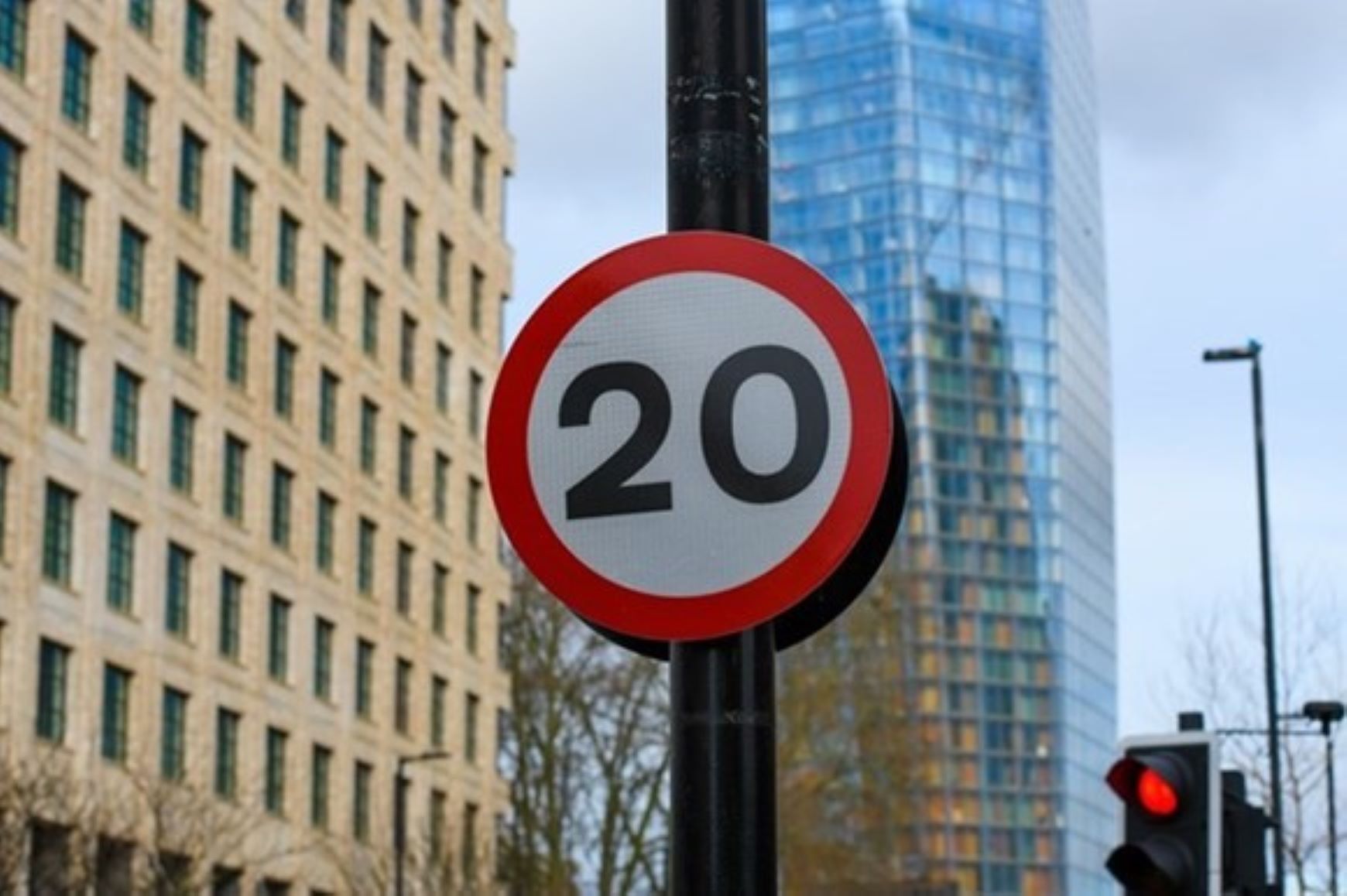The Government has set out plans to protect drivers from “over-zealous” traffic enforcement, as part of a long-term plan to back drivers.
Transport secretary Mark Harper says that the new plan will support drivers by keeping costs under control and ensuring people have the freedom to drive.
The 30 measures, published in its 'plan for drivers' policy paper, include reviewing guidance on 20mph speed limits in England to prevent their blanket use in areas where the Government says it’s not appropriate as well as amending guidance on Low Traffic Neighbourhoods (LTNs) to focus on local consent.
As part of its ongoing review into LTNs, the Government will also consider measures for existing anti-driver policies that did not secure local consent.
The plans also aim to stop councils implementing so called ‘15-minute cities’, by consulting on ways to prevent schemes which the Government says aggressively restrict where people can drive.
Harper announced that drivers will also soon be able to access new technology to simplify parking payments.
The National Parking Platform pilot will be rolled out nationwide so that drivers can use an app of their choice to pay instead of downloading multiple apps.
RAC head of policy Simon Williams said: “Paying for parking should be one of the simplest things any driver has to do, yet the reality has been anything but with people forced to download and register a plethora of different mobile apps depending on where they are in the country.
"The roll-out of the National Parking Platform therefore brings about some much-needed simplification and should make drivers’ lives easier.
“However, we remain concerned about the fact some councils seem intent on removing all physical parking ticket machines in favour of app-only payment – something research tells us a clear majority drivers are resolutely against.”
Meanwhile, the Government says it will also support councils to introduce more Lane Rental schemes, where utility companies are required to pay to dig up the busiest roads at peak times.
Under the proposals, at least half of the extra money raised from these fees will go towards repairing road surfaces plagued by potholes.
To further clamp down on overrunning street works, the Government will consult on extending fines for repairs which run into weekends and increasing current levels of fixed penalty notices.
Harper said: “Too often the private car is vilified when it has been one of the most powerful forces for personal freedom and economic growth. That’s why the Government is taking the long-term, necessary decision to back the motorists who keep our country moving.
“We’re introducing a plan to ensure drivers can enjoy smoother journeys, park more easily and no longer face unfair and oppressive traffic enforcement measures.
“Our plan will sit alongside our continued investment in public transport and active travel as part of a package of measures designed to help people travel in the best way that works for them.”
A call for evidence will be launched on options to restrict the ability of local authorities to generate revenue surpluses from traffic offences and “over-zealous” traffic enforcement, such as yellow-box junctions.

The Department for Transport (DfT) says it will also strengthen guidance to make sure bus lanes only operate when necessary and a consultation will be launched on motorcycles using bus lanes.
Williams said: “With dozens of councils in England about to enforce yellow box junctions, we’re pleased the Government has listened to our concerns about the potential for drivers to be unfairly fined.
"The move to prevent them abusing these new powers is welcome as is the commitment to update the guidance on where these junctions should be used and how they should be set up properly.
“While it’s clearly wrong that drivers stop in these junctions and block them for others, it’s vital that they are fairly set up so that they can be easily negotiated with no chance of a driver being stranded on one through no fault of their own."
Willaims explains that RAC research shows many junctions are too big and it’s often impossible to see where some end, making it extremely difficult for drivers to know whether they can drive through without stopping.
"Some are even being used where they shouldn’t be," he said. "Had the Government not intervened we fear councils would have had a field day collecting unfair fines from drivers, causing unnecessary stress and financial hardship.”
AA president Edmund King added: "The AA has long campaigned to tackle some councils using moving traffic violations, such as yellow box junctions, to fleece drivers - often caught in a trap of poor road markings and bad signage.
"We welcome this review and hope councils act accordingly."
There are also measures included in the plan to help encourage drivers to make the switch to electric.
It says that the Government will widen eligibility of EV charge point grants to include cross-pavement solutions, to make electric vehicle (EV) ownership a more practical option for those without off-street parking.
It will also consult on the expansion of permitted development rights, with the aim of making private charge point installation cheaper and easier.
Furthermore, it has vowed to work with industry to myth-bust concerns about EVs.
Toby Poston, director of corporate affairs at the British Vehicle Rental and Leasing Association (BVRLA), said: “The zero emission motoring elements of this plan show that the Government is focusing on some of the key barriers to wider electric vehicle adoption.
"Delivering faster grid connections, tackling the challenge of on-street charging and debunking common EV myths are great places to start.”
20mph speed limit

The announcement around 20mph speed limits follows the Welsh Government’s decision to cut the default residential speed limit in Wales from 30mph to 20mph.
Steve Cole, executive head of policy, campaigns and public affairs at RoSPA, said: “The evidence shows that local decision making about road safety including 20mph zones is both essential and effective in reducing deaths, and we do not believe that local communities should be subject to blanket decision making from Westminster about their needs.
“It's important that communities feel safe, and as it is estimated that 20mph speed limits can result in 40% fewer collisions and a seven-fold reduction in deaths.
“By removing powers from local communities, the Government are putting drivers and pedestrians at risk and should instead be focusing efforts on assessing the evidence and delivering its long-awaited road safety strategy.”
New DfT data released last week, showed that road deaths had increased 10% year-on-year, with 1,711 fatalities on Britain’s roads in 2022, compared to 1,558 killed the previous year.
Some 29,742 people were killed or seriously injured (KSI) and 135,480 casualties of all severities.
Willams added: "We have long said that in the right places slow speeds deliver valuable safety benefits, especially on residential streets, around schools and in places where there are lots of pedestrians and cyclists.
"Putting them on roads where motor vehicles predominate and there is no conflict with other road users however makes no sense.
"Councils already have to go through a process of introducing Traffic Regulation Orders to reduce speeds from say 30mph to 20mph, so we wait to see how any new policy differs from this.”





















Login to comment
Comments
No comments have been made yet.